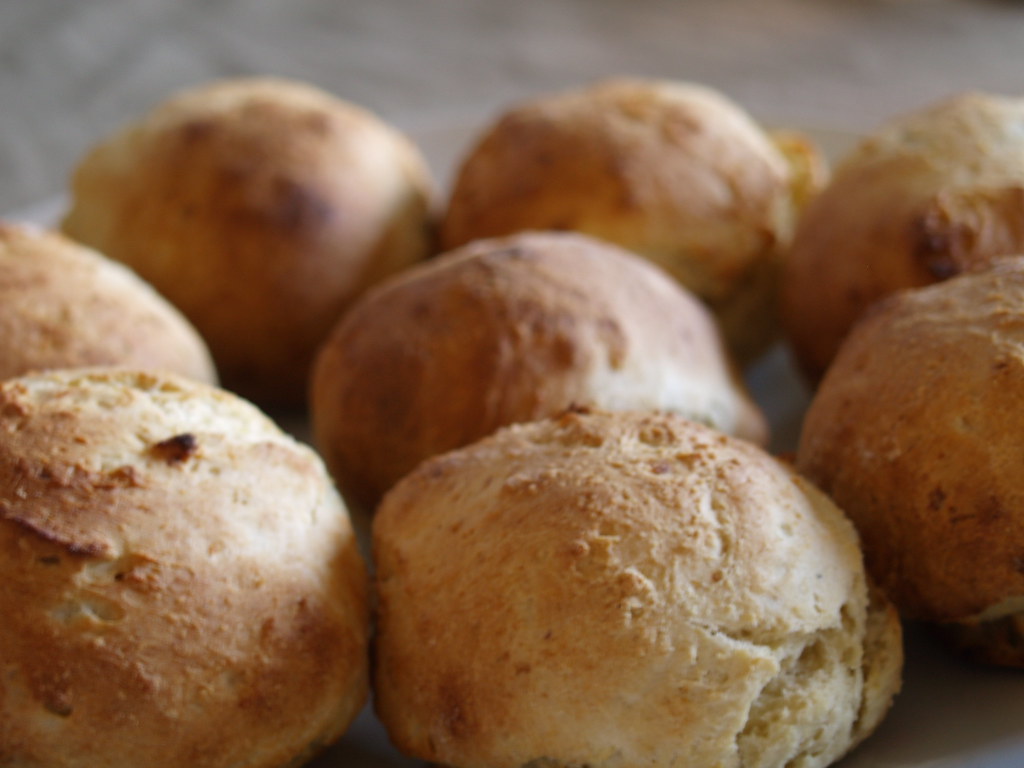A tasty and substantial bread, potato bread is ideal for toast, sandwiches, and just about any other application you can think of. However, it has a shelf life, just like any bread, and you might be curious how long it will last before it goes bad or spoils. In this article, we’ll look at the elements that affect potato bread’s shelf life and give you some advice on how to store it to preserve most of its freshness.
The ingredients utilised, the baking procedure, and storage methods can all affect how long potato bread will stay fresh. Potato bread typically keeps for 3 to 5 days when kept at room temperature in a cool, dry location. However, you can put it in the refrigerator to increase its shelf life, where it can stay for up to a week.
It’s crucial to remember that as potato bread ages, its flavour and texture may alter and it may even turn stale or dry. You might try toasting or briefly warming stale bread in the oven to give it new life. To reduce the danger of food poisoning, it is important to throw away the bread right away if you spot any mould growth or an unpleasant odour.
Potato bread should be kept in an airtight container or plastic bag to avoid moisture loss and extend its shelf life. Potato bread can be frozen for longer-term preservation and last for up to three months. To avoid freezer burn, just make sure to wrap it tightly in plastic wrap or aluminium foil and place it in an airtight freezer bag.

Can you make potato bread last longer by adding preservatives?
By using preservatives, potato bread’s shelf life can be increased. Preservatives such calcium propionate, sodium benzoate, and potassium sorbate are frequently used in commercially produced potato bread to help prevent the formation of mould and other microbes and increase the bread’s shelf life.
However, it is not advised to add preservatives to handmade potato bread because it could change the bread’s flavour and texture and make it unsafe to eat. Additionally, it’s crucial to carefully check ingredient labels if you’re buying potato bread from the grocery because certain people can have allergies or sensitivities to particular preservatives.
How can you tell if potato bread has gone bad?
There are a few indicators that potato bread has spoiled and is no longer suitable for consumption:
- Detect mould: It is recommended to throw away the bread right away if you discover any mould symptoms, such as green or white spots, on its surface. Toxins produced by mould have the potential to contaminate food.
- Verify the texture. The bread may have become stale if it is very dry or hard to the touch. To improve its texture, you can try toasting it or warming it in the oven, but it’s generally better toss it if it still feels crumbly or dry.
- Check the smell: If the bread smells sour or odd, it may have spoiled. A light, yeasty scent should be present in fresh potato bread. It’s preferable to err on the side of caution and throw something away if you detect any strange smells.
- Try tasting a small slice if you’re unclear whether the potato bread is still edible. It might have rotted and is unsafe to eat if it has a sour or unpleasant taste.

How long does potato bread dough last in the refrigerator before baking?
Before baking, potato bread dough can be kept in the refrigerator for up to 3–4 days. The fermentation process is slowed down by storing the dough in the refrigerator, which can enhance the bread’s flavour and texture.
To keep it from drying out, wrap the potato bread dough tightly in plastic wrap or put it in an airtight container before storing it in the refrigerator. After that, you can put the covered dough in the fridge to gradually rise over the following few days.
When it’s time to bake the bread, take the dough out of the fridge and let it thaw out for approximately an hour before shaping and baking. This will guarantee that the yeast is activated and that the bread rises appropriately.
It’s vital to remember that the flavour and texture of the bread will change more the longer the dough is kept in the refrigerator. But if you keep the dough in the fridge for an excessively long time, it could overferment and lose its structure, making for a dense and hefty loaf of bread.

Does potato bread mold faster than other types of bread?
In general, potato bread is not more susceptible to mould formation than other kinds of bread. The quantity of moisture in the bread, the storage conditions, and the presence of mould spores in the surroundings are only a few of the variables that can affect mould formation.
But because potato bread has a higher moisture content than some other bread varieties, such white bread or sourdough bread, it may be more prone to mould formation if it is not stored properly. To reduce the amount of moisture in the bread and stop mould growth, it’s crucial to store potato bread in a cool, dry environment.

Comments are closed